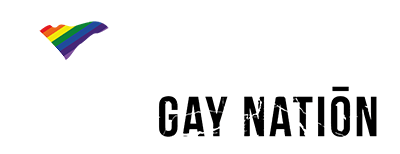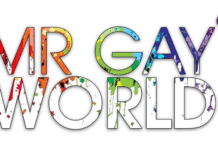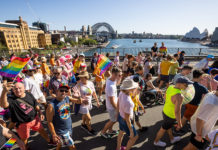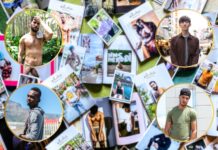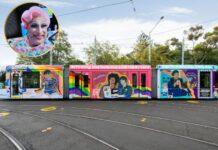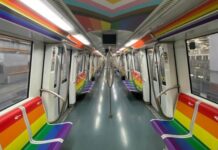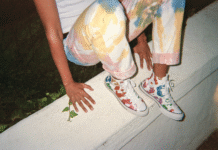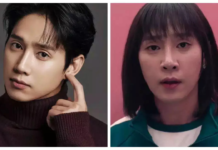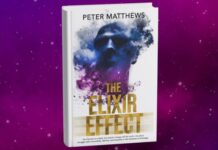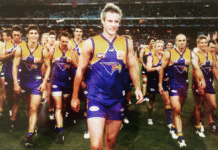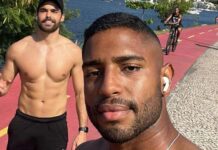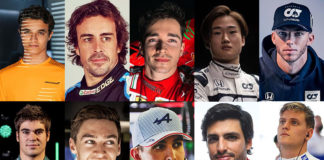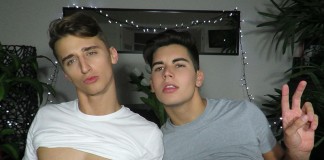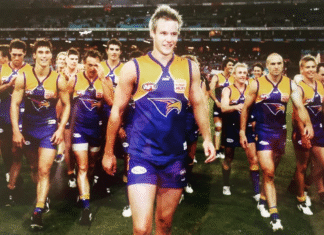
More people own a mobile phone than a toothbrush ( I’m not even faking that, but I really wish I was) and it’s estimated that each of us will spend over 100 days online this year. Online and on mobile has become where we connect, disconnect, talk to strangers, keep up with friends, scruff up some grind, join communities to share interests and feed passions, feel left out, find belonging, work, learn, play, shop, search, game, laugh, cry, hide from loneliness, seek motivation, feel inspiration, feed identity and, the latest live streaming trend, even sleep. We spend over 25% of the year and the average day online, and we’re more connected to each other and the world around us – and disconnected from them – than we’ve ever been.
The power and impact of connection, whether it’s with the people around us, our broader community, the environment ( that we can’t live without) wifi, or even simply ourselves – and what happens when we’re not connected- has always fascinated me. Feeling connected to others makes us feel like we belong, what and who we’re connected to both influences and shows our identity, and how we connect or don’t, is often driven by our self-image – and all these things are at the heart of what give us, and life, meaning.
Growing up with a drug dealer and heroin addict as a parent was a lot of things, but it wasn’t an environment for connection. Even at 6 or 7 years old, I knew the environment of drugs, violence, police raids and biker gangs was unhealthy, that rolling joints wasn’t a chore for a kid and that the adults around me were all role models of what not to be. Everything to get and stay high was a much higher priority than I was, and the safest place to be was the opposite of connected – staying quietly out of the way, wishing I was anywhere else. With many of my teachers, classmates and their parents picking up the high they needed from my mother I was never bullied at school, being the “drug dealer’s kid” saved me from that, but it also did nothing for building friendships and creating a sense of belonging.
If you’ve ever had the feeling of being in a crowded room, disconnected and not feeling a part of what’s around you, but smiling through the pain of feeling completely alone so no-one sees, that was my childhood. A lot of therapy and time-resolved most of the mess that created, but that crowded room feeling has never really left me, and being confident with connection is something not yet mastered. That disconnection powers the rollercoaster of depression I’ve lived since I was a teenager, and is at the core of the 3 attempts I’ve made to “check out early.” That I’m still standing is exactly why failure can be good for you, character-building learning experiences I think people call it.
No one deserves to feel disconnected, alone and unsure of who they really are and when I signed on as an Ambassador for suicide prevention charity R U OK? a few years ago, it was to break open conversations and create a greater understanding of mental health in a way I couldn’t see happening anywhere, and to encourage proactive, open, honest and real conversations across the community. I was hearing too many people talking about another friend who had died by suicide, and I could see the consistency in the reactions – how no-one knew or saw how their friend really felt, and although they didn’t know what to do, everyone wished they had done something.
We’re a community that is between 3.5 and 14 times more likely to walk that dark path of depression and suicide, and with the trans and Intersex communities most at risk, we need to act as one more often. No-one was really talking about it in an easily accessible and relatable way – how it feels, the signs, the reality of the rollercoaster, what doing “something” looks like, where to find help or just the power one person can have.
I felt someone had to make some noise and bring some attention to understanding depression, suicide and mental health to our little LGBTI world because conversations are better than wishes I didn’t think I would ever share the stories and experiences I now do, but I felt that sharing mine could help, and hopefully encourage others to talk more openly and proactively … and the heels in my wardrobe may have been hung up for a while, but they were a reminder that no-one knows how to create attention like a drag queen, no matter how long it’s been. The darkness may surround me at times, but by drawing something positive from it I hope to make a difference.
Mental health is complex, healthy and needing help look different to what we probably think and while it’s easy to say that our time online is responsible for rise of disconnection, loneliness, depression and isolation that is “ruining society, our identity, our mental health and our behaviour” – maybe it’s the combination of working in social media, my own experiences, and knowing that our choices have more power than our circumstances, but I see our role in creating harm, and creating change, a little differently.
The intersection of self-image, human connection, mental health and technology is both more connected, more complex, and more simple than we like to think, and we have more power than we realise to help, influence and change not just ourselves, but those around us. Encouraging more kindness, connections and belonging, and strengthening our sense of, and respect for identity – expanding the work I already do even further – is the idea and passion I bring to Mr Gay Pride Australia.
Last Updated on Mar 13, 2020
The news team for Gay Nation love tips from our readers. Got tips or a news story that you would like published? Go here to tell us something.
Visit the Gay Nation store Now

